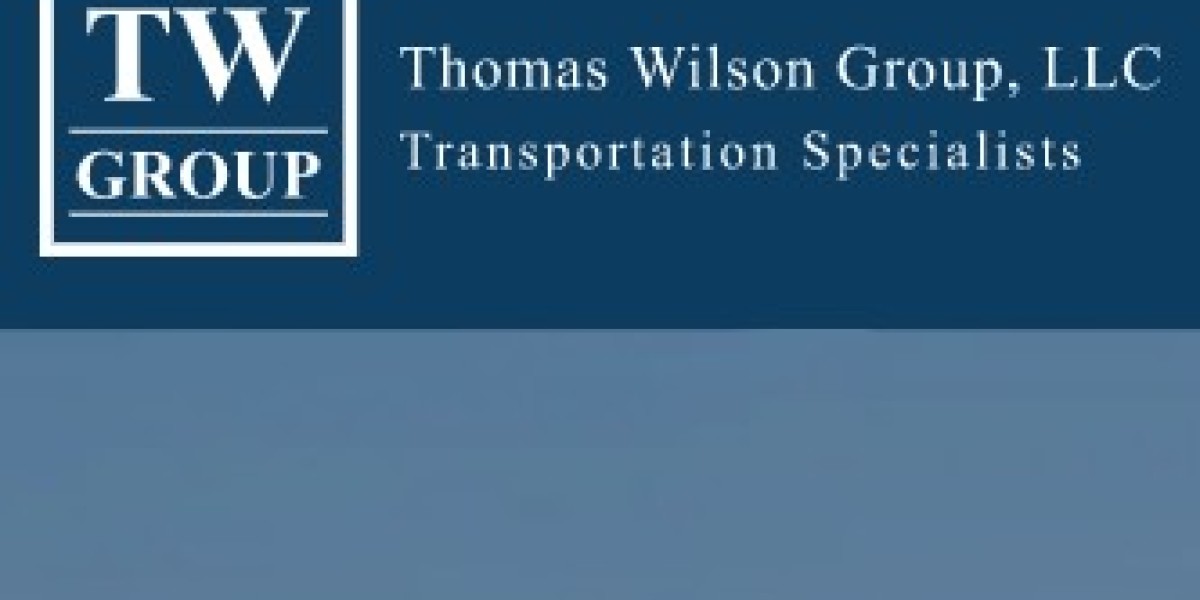What is Owner Operator Insurance?
Owner operator insurance is a type of commercial truck insurance specifically designed for individuals who own and operate their own trucking businesses. It provides coverage for the truck and the owner-operator in case of an accident, theft, or damage to the vehicle or cargo.
Types of Owner Operator Insurance Coverage
There are several types of owner-operator insurance coverage options available to trucking businesses. These include:
a. Liability Insurance
Liability insurance is a type of insurance that covers damages that you might cause to other vehicles or people while driving your truck. It is required by law in most states and is the most common type of commercial truck insurance.
b. Physical Damage Coverage
Physical damage coverage protects your truck against damage caused by accidents, theft, or vandalism. This type of insurance can be further broken down into two types of coverage:
- Collision coverage, which pays for damage caused by an accident with another vehicle or object.
- Comprehensive coverage, which covers damage caused by anything other than a collision, such as theft or vandalism.
c. Cargo Insurance
Cargo insurance covers the goods that you are transporting in case they are damaged or lost during transit. This type of insurance is essential for trucking businesses that transport valuable or fragile cargo.
d. Bobtail Insurance
Bobtail insurance provides coverage for your truck when it is being driven without a trailer. This type of insurance is necessary for owner-operators who use their trucks for non-business purposes.
e. Non-Trucking Liability Insurance
Non-trucking liability insurance provides liability coverage for the truck driver when they are not on the job. This type of insurance is essential for owner-operators who use their trucks for personal use or to transport goods that are not related to their business.
Factors to Consider When Choosing Owner Operator Insurance
When choosing owner-operator insurance, there are several factors that you should consider, including:
a. Cost of Insurance
The cost of insurance can vary significantly depending on the type of coverage you need and the insurance company you choose. Be sure to shop around for quotes to find the best price for your insurance needs.
b. Policy Coverage Limits
Policy coverage limits refer to the maximum amount of coverage that your insurance policy will provide. Make sure to choose a policy with coverage limits that are appropriate for your business's needs.
c. Insurance Deductibles
An insurance deductible is the amount of money that you will have to pay out of pocket before your insurance coverage kicks in. Consider your budget when choosing an insurance deductible amount that works for you.
d. Insurance Company Reputation
Research the reputation of the insurance company you are considering. Look for reviews and ratings from other trucking businesses to ensure that the company you choose is reliable and trustworthy.
Tips for Finding the Best Owner Operator Insurance
When looking for the best owner-operator insurance policy, consider the following tips:
a. Shop Around for Quotes
Get quotes from multiple insurance companies to find the best price for the coverage you need.
b. Look for Discounts
Some insurance companies offer discounts for things like safe driving records or multiple insurance policies. Look for these discounts to save money on your insurance policy.
c. Bundle Insurance Policies
Consider bundling your owner-operator insurance policy with other insurance policies, such as home or auto insurance, to save money on your overall insurance costs.
d. Consider Pay-As-You-Go Insurance
Pay-as-you-go insurance policies allow you to pay for insurance coverage only when you need it, which can save you money if you do not use your truck for business purposes year-round.
Common Owner Operator Insurance Mistakes
Avoid these common owner-operator insurance mistakes:
a. Insufficient Insurance Coverage
Make sure that you have adequate insurance coverage for your trucking business. Underinsuring your truck can leave you vulnerable to financial losses in case of an accident or damage.
b. Not Reading Policy Documents Carefully
Read your insurance policy documents carefully to understand what is covered and what is not. This can help you avoid surprises in case of an accident or damage.
c. Not Disclosing Accidents or Tickets
Be honest with your insurance company about any accidents or traffic violations you have had in the past. Failing to disclose this information can result in a denied insurance claim.
Conclusion:
As an owner operator Insurance, it is crucial to have insurance coverage for your trucking business. With the right owner-operator insurance policy, you can protect your vehicle and your livelihood in case of an accident, theft, or damage. Be sure to shop around for quotes and consider all of the factors when choosing the best policy for your needs.








